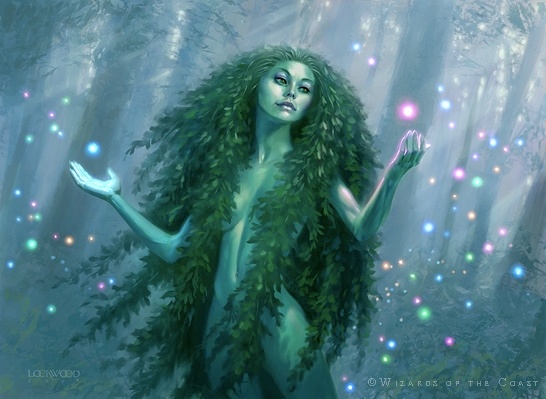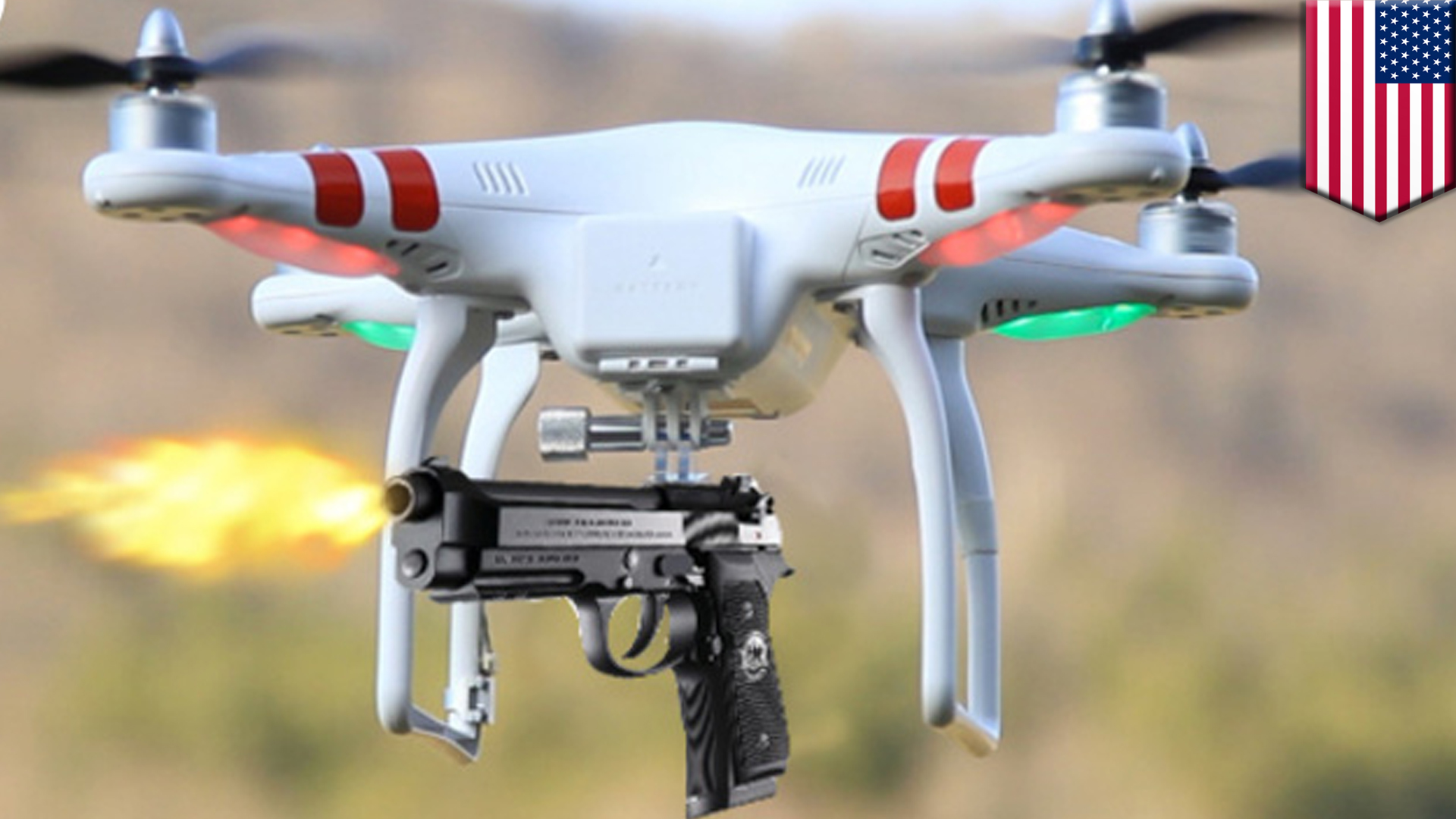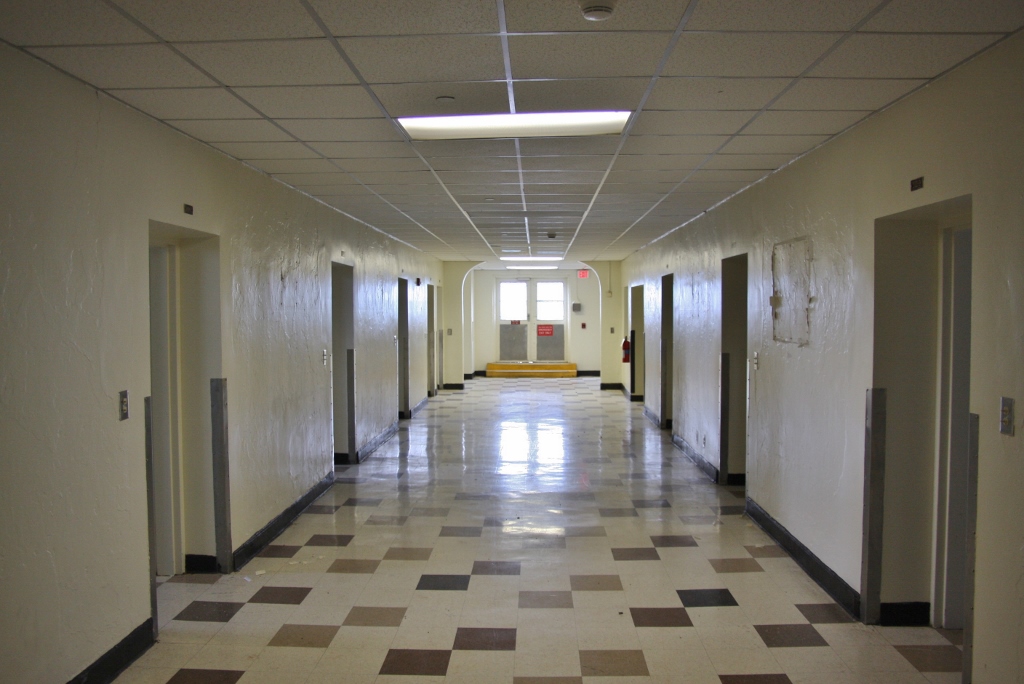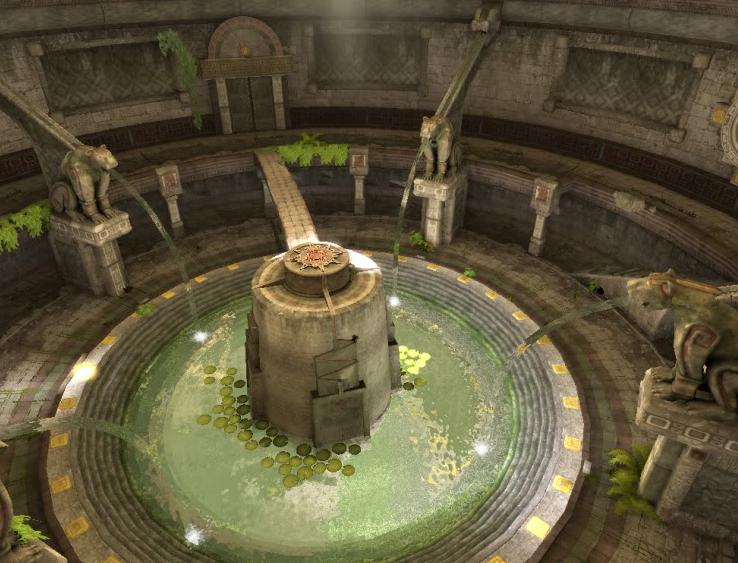Excerpts
The Scorch, eastern Kentucky
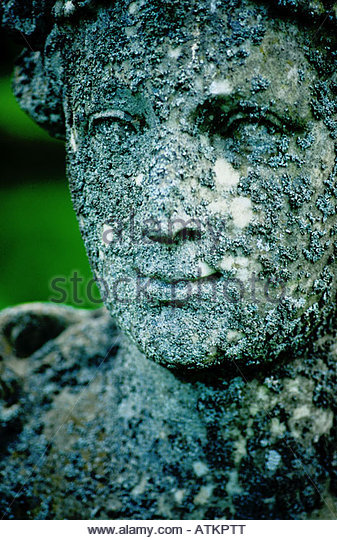
Late Afternoon, 14 November 2059 AD
(Seven years after the war and sixty-eight years before the actions of book one, Outland Exile)
Jesse had gone up what he called Sun Hollow, farther north than his parents allowed him. They wanted him to stay close to home, to Dunbarton, but that was just dead boring. Eight years old himself, Jesse was six years younger than his next oldest sibling, and Celia was in the throes of what his mother called the Valley of Shadow of Puberty. Celia was a pain, Theo and Patricia even more so, but even they were more fun than his only brother, David. At eighteen, he was busy pretending to be a grown-up. With Da’s permission, Dave had taken over the care and maintenance of the rifles and shotgun, hoarded the powder and brass cartridges, and generally acted as if he had been elected general.
And Da let him. His parents were all tied up with the business of being adults and his siblings with the business of becoming adults. And then there was he, Jesse. They only seemed interested in him at meal times, when somebody thought he ought to sit down to learn something, or when he outgrew a hand-me-down.
Jesse clambered to the top of Sun Hollow’s headwall, finding easy holds in the rotten granite. On the other side, the mountain opened onto a sunlit little valley, topped by gray fingers of the rock that ridged the place. It was on the east side of the Appalachian crest, the Unity side, but for some reason the Unis had not thought to put the Wall this far west, making of the little glen a sort of hidden valley. He was thinking to call it Shangri-La from a book he was reading when he met Speaker.
He heard the voice as soon as he dropped down into the small defile. It sounded like words, hauntingly reasonable, kindly words, like Ma’s words. He followed them. The voice came from everywhere, but if he were quiet and closed his eyes, he could get an idea of the correct direction to walk. He climbed again to one of the slender fingers of lichen-covered stone, and turning, sat on the bare rock, his feet dangling.
A voice said, “Dhoo shell ass end in two tea ill of thell ord, an dhoo shell stend in dis olly plase?”
“Who’s there?”
“Ahma foice cullin. Din da hwill dernis—”
“You talk funny,” Jesse said to the narrow defile.
“Dough guy? Jeu dalk wile, zon uf mein. Who gar hugh?”
That last bit he could figure out. “I am Jesse Aaron Johnstone, son of Alyssa Browne of Kirkwood, Missouri, and Alexander Cameron Henderson Johnstone of Kirkcudbrightshire, Galloway, Scotland, sir.”
A sound like the rustle of dry leaves filled the small glen.
“Howzet zuchja liddle man haz zuchja pig name, child of men?”
“My father says, ‘A person should know who he is and be able to tell others. It keeps the one honest and the other warned,’ sir.”
Silence followed his words; an oppressive silence pressed down upon him. No bird sang. Again the voice came, now slower, clearer, more easily understood, but sadder. “Jew sud leaf now, chil’ of men. Com bak en dime.”
Jesse turned to go, saddened himself by the abrupt end to the conversation, but turned and asked a last question. “Who is it I am talking with, sir?”
“Nam? I hid one, once. Wha jwoud jeu gall me, chil’?”
“I will call you Speaker, sir, if that serves?”
“I shall gall you Quicksilver, if that serves, chil’?”
“Until another time.”
The fifth time he returned it had been a late afternoon, the shadows already having filled the little defile in the early darkness of late winter.
“Speaker! I bring a gift. Speaker!” yelled Jesse as he approached. Sometimes Speaker ignored him and he had learned to leave his gift, usually of fresh meat, on a naked finger of stone and then retire. Speaker cared not for smoked meats. Jesse had wasted a slab of bacon on Speaker the time before. His father had noted the stores missing, and Jesse had done some impressive lying to avoid revealing Speaker’s existence.
“Speak, Quicksilver. I listen,” came the hollow, bloodless voice of the place.
“Are you well, Speaker? The weather’s been cold.”
“I am well, Quicksilver. The weather is not so bad as it might be. And you? How goes it with you?” came the voice in the laconic conversation of acquaintances. Jesse could now discern a shape that moved along the rock, looking like a lichen-covered manikin … but thinner, mere inches thick.
Jesse went over to a finger of bare rock and laid his burden, a fresh and skinned carcass of feral piglet. After much pleading, David had shown him how to do handloads for the ancient Remington, and since then Jesse had built up a cache of seven rounds of the .30 caliber cartridges. With an arsenal of that size, if he hunted far enough away, used his own ammo, collected the brass, reloaded the cartridges, and cleaned his rifle before returning, he did not have to explain he was hunting for Speaker. As it was, he brought home enough meat for all.
Jesse watched the root-like pseudopods creep out of the forest litter to stabilize the carcass before they started feeding. By the time Speaker was done, a dozen pseudopods were quarreling over the bones. Jesse shooed them away for a minute to take an ax to the fleshless skull. “Might as well get all the good stuff, eh Speaker?”
“Yes, brains! I need to eat brains!”
Jesse jumped back and looked around. “You know I don’t like when you do that! I shoulda never told you about that silly old movie,” he said, angry that Speaker had caught him out once more.
There was a longer than usual rustling of dry leaves within the little glen before the sound subsided. The feeding pseudopods retracted, leaving the heap of bones, all that was left of the small pig, to tumble off the stone and onto the forest litter. Jesse never was able to detect any refuse from a meal, lingering flies, or even a whiff of corruption from prior donations.
“Sit and talk, Quicksilver. Tell me of the world.”
“Zombie attacks have tapered off. One of them wandered away and up the creek near Dunbarton. David wanted to shoot it. My parents said no. We let him stay in the old shed near the pigsty. He wouldn’t eat. He died yesterday. It made me sad.
“My parents talk when they think I’m asleep. They think I will not be very smart.”
“How does that make you feel?”
“I’m as smart as Celia or Patty, any day. They’re just silly girls. It isn’t fair. Nobody else understands the woods but me, and they think I’m dumb. It’s not fair.”
“Much of what little I remember of the world was not fair, Quicksilver. You will probably see more justice with your family than the world outside.”
“You never told me where you came from, Speaker.”
“I do not remember much except that I was a man once. A man like the ones of which you have told me, but not. My friend Jeremy and I were hungry, great noises went off above us and the others fled. I brought Jeremy out. The rain turned brown. I fell asleep. When I woke, my friend was dead. Just the bones left.”
“Where is he buried?”
“Under your left hand, I think.”
Jesse jerked his hand away and stood up. There was no rustling of leaves.
“So, you have been here ever since?”
“I remember little until a son of men called to me.”
They did not talk for a long time thereafter, Jesse moving to another spot to sit and think.
“May I give you a drink?” came the voice, hollow and bloodless as always, making it hard for him to tell it was a question.
“Will I like it?”
“I do not know, but I believe it will not harm you.”
“Sure, Speaker. Good enough for me.”
A slender sprout pushed up from the dark friable earth at Jesse’s knee and blossomed into a slender green trumpet. Jesse watched fascinated as the cup filled with a pale, slightly green liquid. Jesse tasted it. It reminded him of raw turnips, fresh apples, sunlight, and honey.
“I’s good,” he said and tipped the stem toward him taking a deep swallow. Drinking it gave him a sensation of effervescence. He was disappointed when the goblet was dry. He belched.
“That’s good, Speaker. How’d you do it?”
Again, the dry rustle of amusement. “I have been working on it for you, child of men, but even friends must have their secrets.”
Jesse smiled. It was the first time Speaker had called him “friend.”
“Where is your drink?” asked Jesse as he settled himself, suddenly sleepy as the sun slipped below the edge of the ridge, abandoning the sky but leaving Jesse enough light to navigate home if he hurried.
“Have no worry for me, Quicksilver. I am getting my drink now.”
It was the last he remembered before slumber claimed him. He awoke in the darkness, a sliver of moon just coming up over the ridge to the east that was crowned by the Wall. Despite the cool of the late winter’s night, he was warm, finding himself in a nest of boughs and leaves that had grown around him in the night. He felt fizzy and alive, like Speaker’s drink. His belly itched and he turned to scratch it, surprised his clothes were in disarray. He fingers encountered the cool woody shape. Jesse sat up and pulled up his shirt in panic.
In the faint silvery light, Jesse saw a sinuous pseudopod attached to his belly just above his navel. In fear and revulsion, he tried to rip it away. It would not come loose. Without thinking, he pulled out his knife, David’s old folding knife, and after flicking the blade out, began sawing through the fibrous thing. As he did, the ravine filled with wailing as if the stones themselves were in agony. Setting Jesse’s teeth on edge, the wail pursued him over the ridge and down Sun Hollow.
Da, Theo, and David found him wandering in the Scorch a day later, crazy with fever. Jesse remembered the devastating feeling of loss after he had cut Speaker away. He was repulsed and ashamed. Repulsed at the memory of being fed upon and ashamed that he had trusted Speaker.
In the meantime, the wound had gone bad. Livid lines of inflammation ran up his belly toward his heart. Jesse remembered the stench. The surgery to remove the withered pseudopod was difficult; it was held tight to his belly by three green fangs. It still made him nauseated to think of it, yet the most potent memory was the terrible feeling of loss at his own rash act. The wound, surprisingly, had healed well. He could barely find the scar.
For a brief moment, he was the center of the family’s concern and affection. Theo, his oldest sister, sat up with him nights until his fever broke. Jesse could not remember a time before when David had wept. After he recovered, his parents had forbidden him to go back into the Scorch alone. He was forbidden to hunt. They found his cache of handloads in his pants and confiscated it. It was late summer before he returned to search for Speaker.
Nothing moved in the ravine. It looked deserted. Jesse could make out the finger of naked rock, which he now called “Speaker’s Dinner Plate.”
“Speaker, it is Quicksilver. I come to speak to you. Speaker, I bring nothing but my apologies. Speaker, talk to me, please. Please?”
Nothing sounded. There was no buzz of insect nor call of a late-season cardinal. Little surprise. The summer, after a wet spring, had been hot and dry. He had had to carry water up from the stream on a yoke, morning and evening, to try to salvage the family’s vegetable garden. Today, he had gotten up before the sun and done his chores before setting out. They would no longer allow him to have a rifle.
Jesse sat in the late summer debris of downed branches, summer-killed leaves powdered by the wind, and the smell of the dust. The lichen looked dark, dried, and dead. Leaning against the stone finger at its base, he wept: wept for the loss of Speaker and his failure as a friend. It had taken him all summer to understand the foreignness of Speaker. He thought now he understood.
He must have slept. The sun was well past noon when he awoke with a start. During his slumber the ravine had transformed, becoming infused with life, like spring out of season. The blacked lichen where Speaker had lain was now a mottled gray-green.
“Speaker?”
“I hear you, child of men.”
“I acted badly. I hurt you. I was scared, but I know what I did was wrong. I apologize.”
“You are forgiven. You wounded me, child of men. I carry many scars from years before and years after my change. Yours is not the worst.”
“It is, Speaker. The worst, I mean. A friend gave it to you. I … I … I don’t know what more to say.”
“You have said much for so small a man, Jesse Aaron Johnstone, son of Alyssa and Alexander. I frightened you. It was not my intention; I meant to protect you and comfort you. I failed, and I apologize.”
“Speaker, you are forgiven. I should have known you could do me no injury.”
“There you are wrong, Quicksilver, my friend. I can do you great harm. I choose not to.”
“I’m in your debt, Speaker.”
“You are, child of men.”
So, they had patched it up, after a fashion. Within two winters, his family had relocated back to Saint Louis, and Jesse had not seen Speaker again until after his first righteous man-kill.
‹ Back



